Istanbul during Ottoman Empire
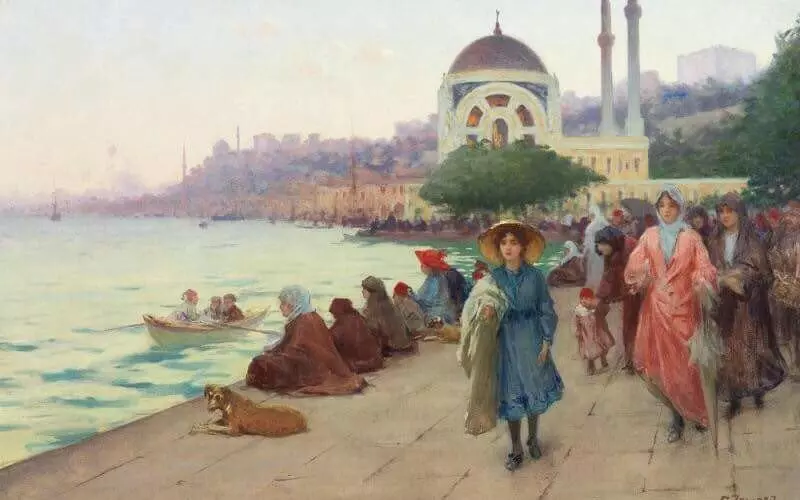
Istanbul during Ottoman Empire:
During the era of the Ottoman Empire, Istanbul had a special status in its administration as the capital of the state. Traveling to Istanbul and staying there had strict rules and standards. The city's population was maintained so that the residents would not suffer from hardship and security problems would not arise.
Istanbul has always been administered in a different way than other Ottoman cities. The capitals of the Middle Ages and the modern era have always had a different situations. Living or working there had specific rules and standards. Countries have always attached special importance to the way of life and the security situation in capitals. This is because the capital is the heart of the empire. Any defect in the way of life or the security situation in it poses a threat to the political authority and spoils the social balance.
That is why there was strict control and standards of living in Istanbul. During the reign of Sultan Osman II, the Bosphorus strait froze due to a wave of cold that hit Istanbul. Merchant ships could not anchor on the coast of the city. The wave of high prices in the city and then the famine caused the Sultan to lose his throne and his life.
Istanbul did not have a governor nor a city council like other Ottoman cities. Her family did not enlist in the army. Its educated men used to work as state employees, and non-Muslims in it worked in various trades and crafts. The social life in Istanbul, the dialect of its people, and even their customs and traditions were different from other cities.
Istanbul had a special status for which no specific name was given. Therefore, the population of the city was always constant. Coming from another city to stay in Istanbul was very difficult. Those who came to Istanbul for certain reasons, attended a funeral, a visit, or the division of an inheritance, and even those who crossed from the city while traveling to another place, had to leave the city after the end of what they came for.
There were always those who came to work in Istanbul temporarily to meet the needs of work in some places that required workers such as shipyards. These workers were called "bachelor's room workers"; Because they were forced to live in the "bachelor's rooms" allotted to them by the government. These rooms were famous for the strict rules that residents had to observe.
During the classical era of the Ottoman Empire:
villagers who rented state-owned land in Anatolia or Rumeli could not leave the land they rented before the agreed lease term expired. And if one of them did so, he would be brought by the state again to start cultivating the land, and he would be fined. This is because tax revenues collected by the state are mostly dependent on crops. The rent of these lands and other taxes are collected by the owners of the timars (a timer is a piece of land given to a person or group in exchange for a specific job) who are called sabiya. In return, they raise a certain number of soldiers. The land administration system was integrated, and intertwined with the financial and military systems.
There were restrictions on residency in the cities to ensure that there were no security or subsistence problems. Preventing migration from villages to cities as part of the state's policies at the time. The historian "Glibolli Ali", who lived in the era of Sultan Suleiman the Magnificent, advised statesmen in his book "Advises of the Sultans" says:
The statesmen should prevent migration from the village to the city. Because the lands fall flat and there is no one to cultivate them when the villagers leave their villages. The sabiya owners of the Timarat are also affected by their inability to collect the rent of agricultural land; which damages the defense mechanism. (Because the owners of the Timarat collect taxes in exchange for the upbringing of the soldiers). Also, those who come to live in the city affect the lives of the people of the city. And they don't pay taxes in the city they came to. In this case, the state must return them to the villages from which they came, or impose controls and taxes on the activities they practice in the city.
internal passport:
In the seventeenth century, villagers began to leave their villages for a variety of reasons, such as war, rebellions, or famine and moved to settle in the secured cities within the fortresses. And in order not to cause waves of immigration to Istanbul as well, the control over entry and exit from the city was tightened.
The judge in the Ottoman Empire was at the same time presiding over the city in which he worked. During the reign of Sultan Mahmud II (1808-1839), this position was withdrawn from them and their work was limited to the judiciary only. Sultan Mahmud II established the institutions of modern municipalities and ordered that the unemployed and loafers should not be allowed to gather in the streets of Istanbul.
At first, the bachelors' rooms were strictly controlled, most of which turned into hotbeds for the practice of vice. Most of the places that housed these rooms had been turned into Janissary camps. When the Janissaries were abolished in 1829, these rooms were demolished one by one.
It has become no longer possible to enter Istanbul for those who do not hold a document called a "passport", which is considered an "internal passport". And whoever wishes to travel to Istanbul is obliged to take this document from the village in which he lives, and he records the purpose of traveling to Istanbul. The "Kucukcekmece" area was determined to enter Istanbul for those coming from Rumeli, and the Bostanci Bashi Bridge for those coming from Anatolia.
It also imposed penalties on those who enter the city by ways other than the specified points, even if they carry a "traffic ticket". The traffic ticket carried by any person whose appearance aroused suspicion contained phrases or coded symbols to indicate that; Until the municipality verifies his true identity and identity. He can be denied entry to the city if necessary. The control was tighter on the Kurds and Arnaout coming from the mountainous areas.
Those who entered the city from the specified points with traffic tickets had to go to the municipality headquarters to register themselves, their descriptions, and the date of their entry into the city. They also have to surrender their weapons if they are armed. They lived in the "bachelor's rooms" allotted to them by the state. And because the nature and lifestyle of those coming from the Aegean islands differed from that of those coming from Rumaili and Anatolia, the state allocated them other places of residence.
After that, those who came to work begin to practice the work for which they came and which is indicated in the traffic ticket. The person can also find a sponsor for himself and register this in the municipality's records.
If the person did not find a suitable job for him or there was an increase in the number of workers in the profession he wanted to practice in Istanbul, he was sent back to the place he came from. Those who return from Istanbul to their village for any reason must obtain an identical return ticket issued by the judge.
If one of these workers dies while in Istanbul, the person who guarantees him goes to the municipality and records this in the city records.
And if one of them commits any crime, the guarantor for him shall also be liable to him. Because he is charged with following up on the conditions and behavior of the workers he guarantees and informs the competent authorities of any improper behavior issued by them.
At times, district mayors were tasked with verifying these traffic tickets. Because they are responsible for the security and order in their neighborhoods. There was a principle of collective responsibility prevalent in the cities, neighborhoods, and villages of the Ottoman Empire. And every person is a guarantor of his neighbor. He is obliged to inform the government of any bad behavior he sees in his neighborhood or village.
the end of the dream:
In 1908 the "traffic ticket" was circulated to all cities in the Ottoman Empire. It became possible to banish beggars, loafers, and suspects from wherever they are after a court decision. The exemption of Istanbulites from military service was also canceled in 1909.
But after that date, and due to the successive losses that the Ottoman Empire received in wars, tens of thousands of Rumaili area fled to Istanbul after those areas came out of the Ottoman Empire's control. They were followed by immigrants from the Caucasus region. Not only that, but the anti-Bolshevik White Russians also emigrated after the Russian Revolution. Istanbul has become a city teeming with immigrants.
The Union and Progress government were unable to control the situation because it thought it was dealing with a normal situation in an ordinary time. Public parks, mosques, and schools were designated for the residents of immigrants. The city's population increased suddenly. And there was a glitch in the security system. Prices increased and the black market began to appear, after which basic commodities and foodstuffs decreased, and epidemics began to spread.
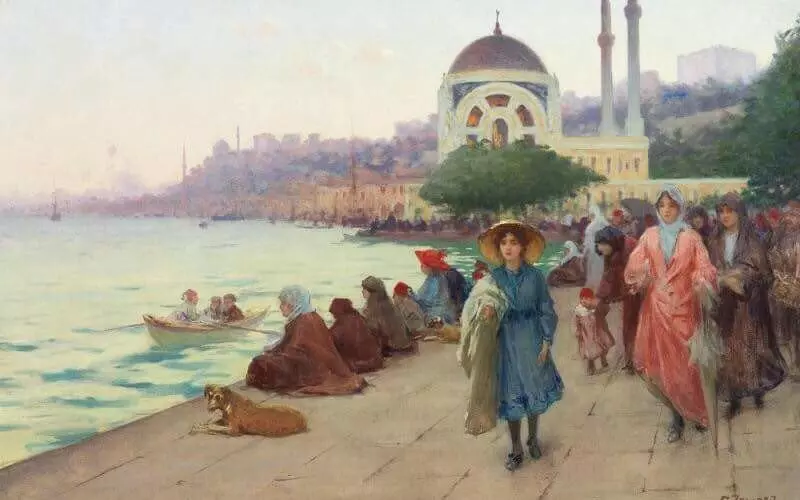



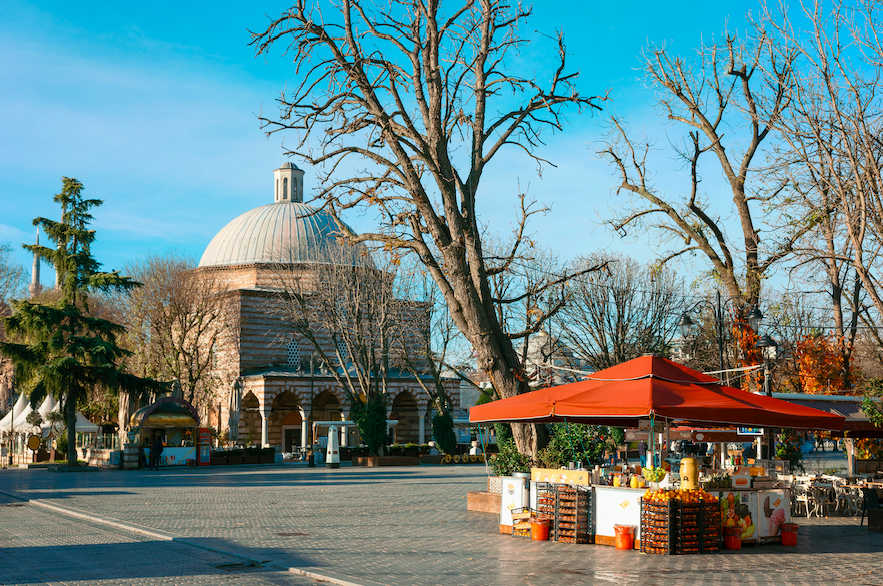




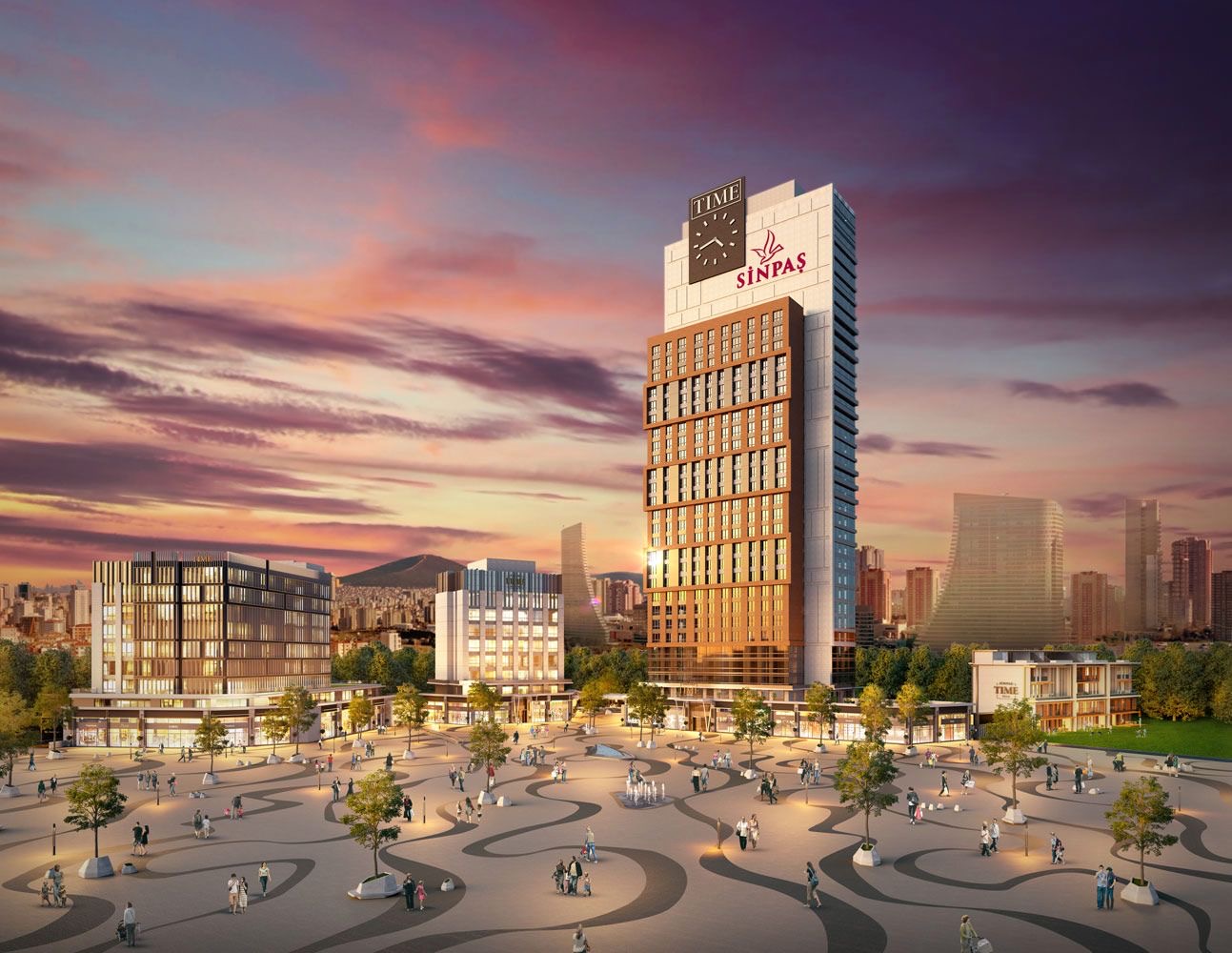

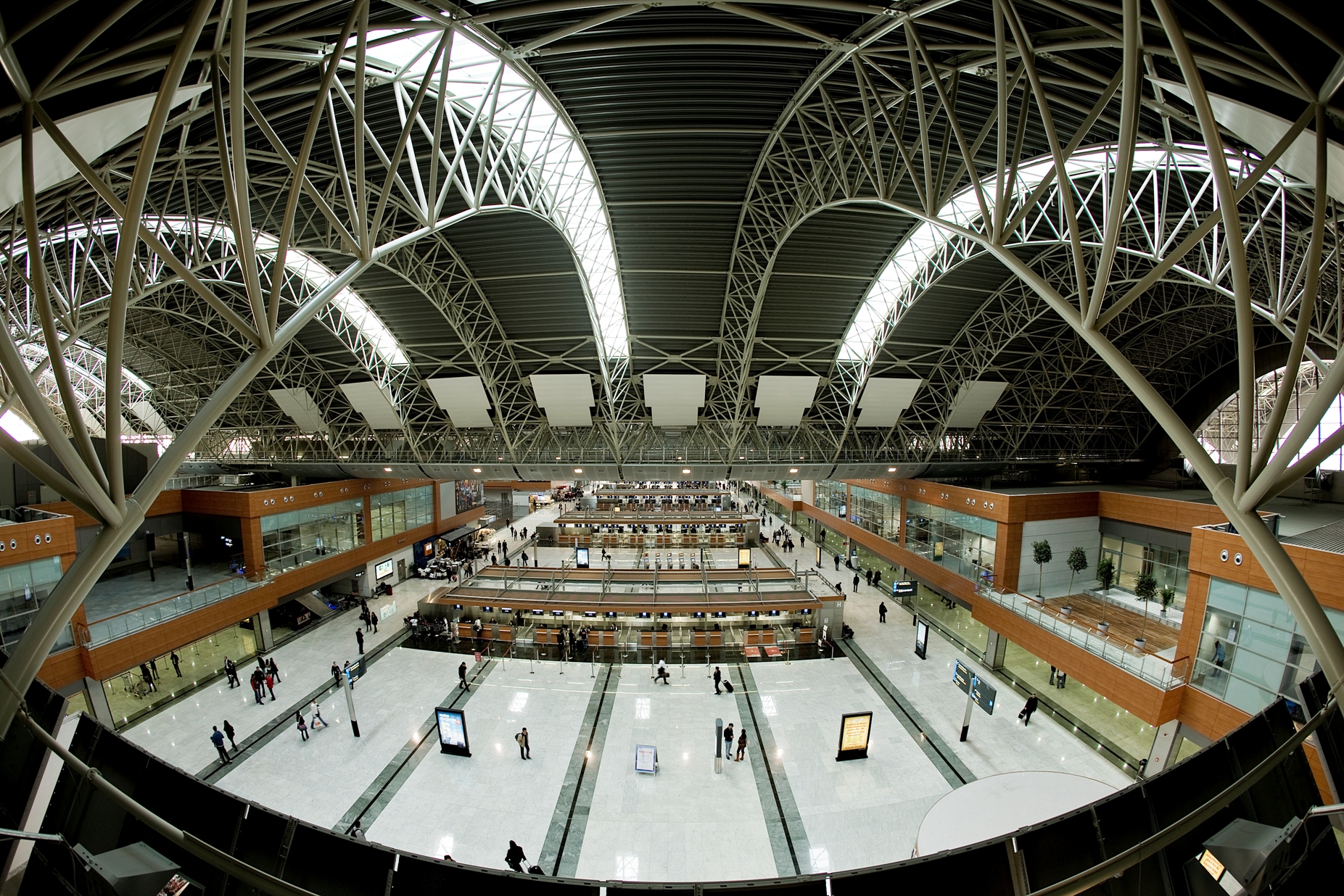

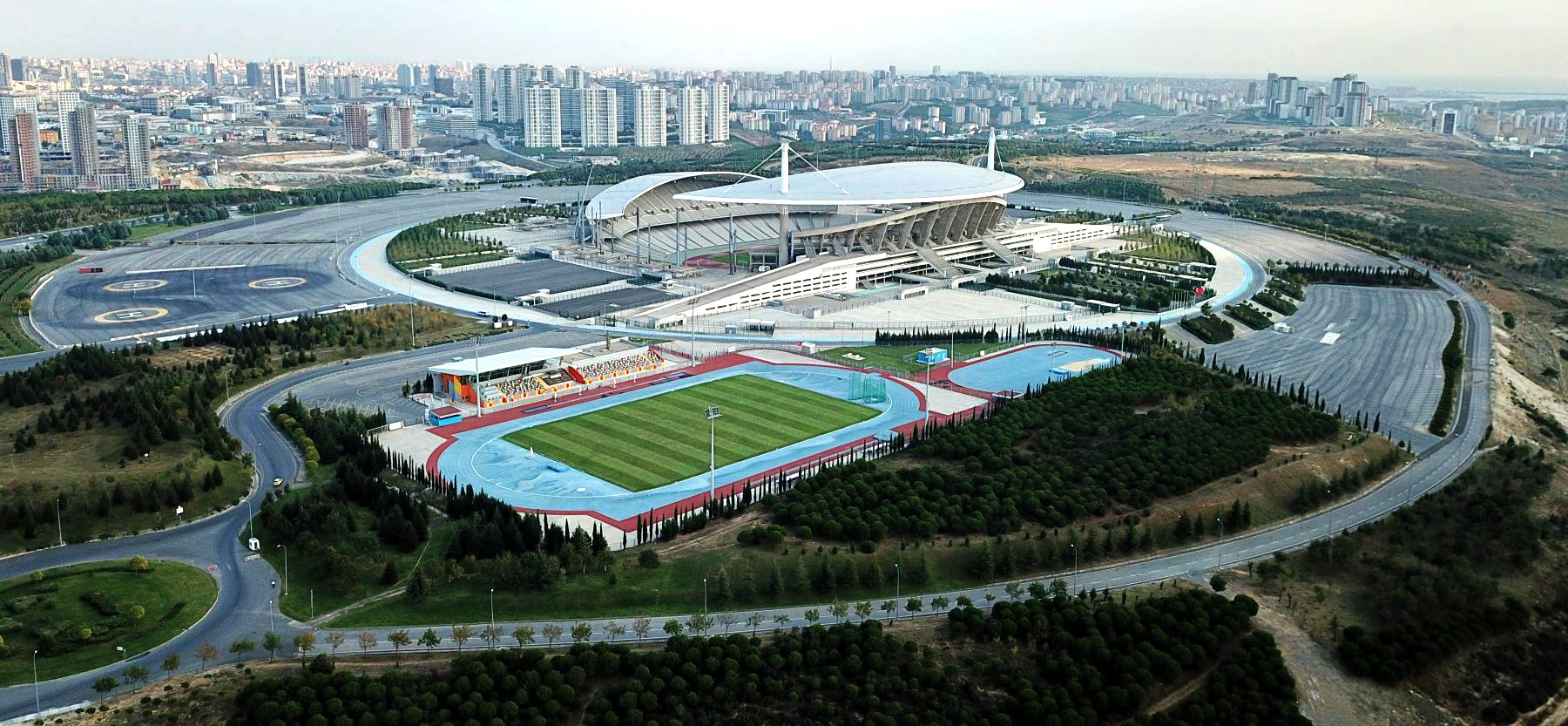
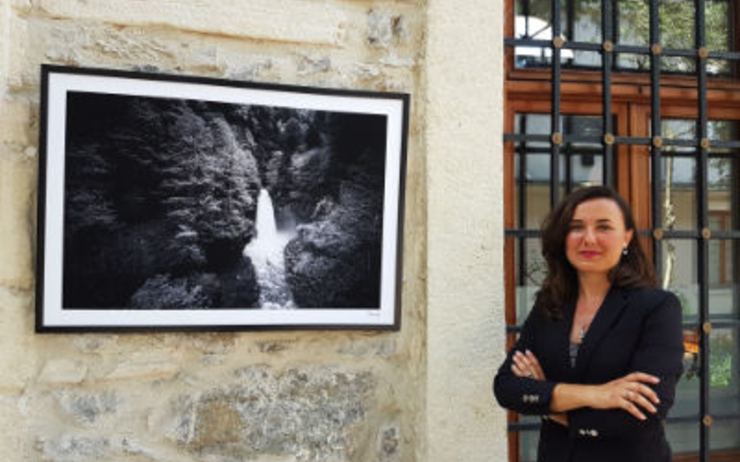
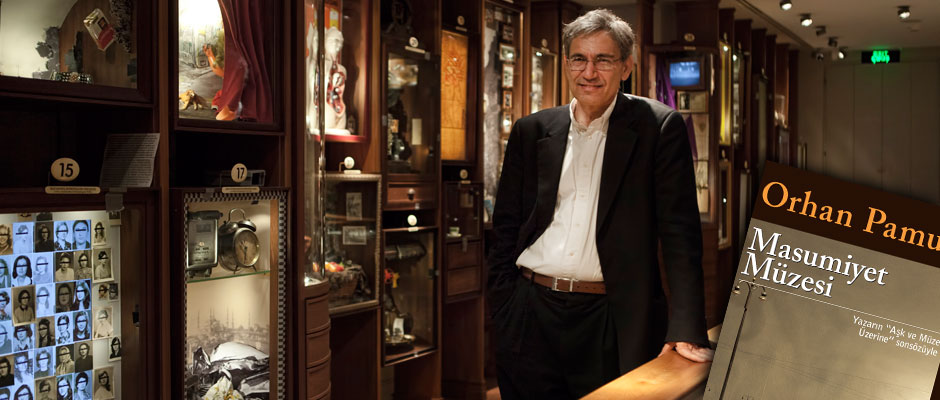


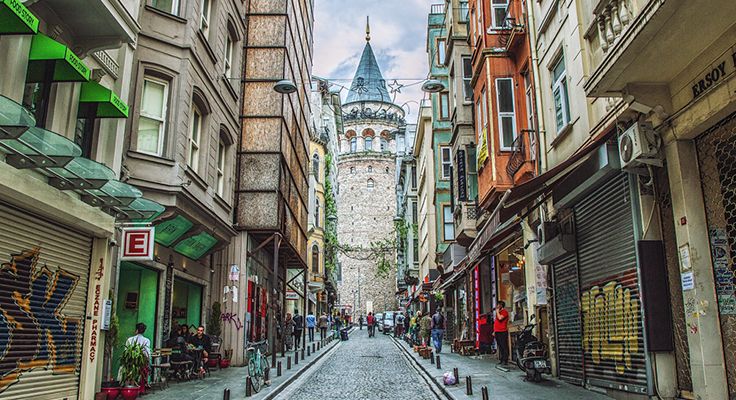
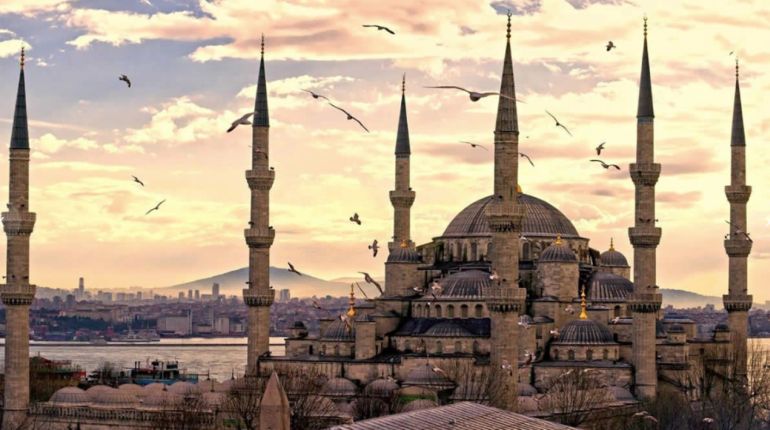
More posts by Gokce Nacar